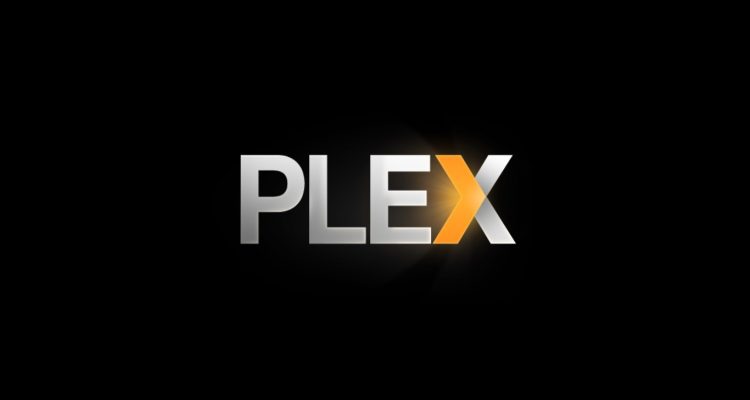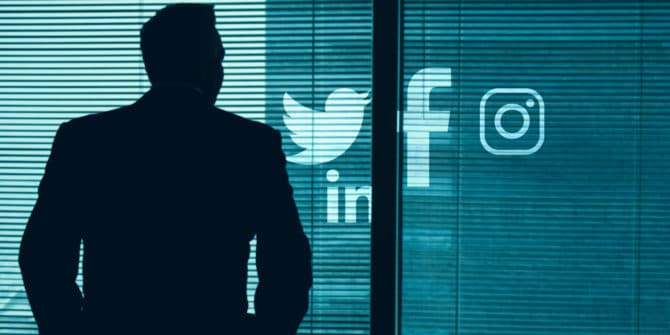Since the Arab spring that saw some countries make use of social media to topple their governments, African leaders have been sleeping with one eye open to make sure they are not caught napping. The problem though is that many of them have come to regard social media as an enemy that has to be dealt with.
The irony is that in many other countries, millennials are using the internet in general and social media, in particular, to make money and take care of themselves. Of course, social media has not been without its challenges and problems.
Here are some countries fighting the internet and social media

Kenya: Computer Misuse and Cybercrimes law
Surprisingly enough, or maybe not so for some that have been following the activities in Kenya, the country is among those fighting the Internet. This is most especially when you consider the new law it has passed on computer use and cybercrimes law.
Of course, cybercrime laws are laws that are welcome in every country, but the way it functions in Kenya is that the meaning of that is posting false information as well as abuse on social media and cyberbullying. For the crimes, one may end up spending two years behind bars and/or paying a fine of $50,000 (£37,000).
According to President Uhuru Kenyatta, the law will help the country in having a legal basis to prosecute cybercriminals who engage in child pornography, computer fraud and identity theft. More so, for those who interfere with computer systems, the law will allow the government to fine them $100,000 or five years in prison if in any way it affects national security.
While some aspects of this law seem to be good, the fear of the people is that the government would manipulate the law to ensure that it shuts down a lot of people who have anything to say against the government. Another argument is that it opens the door for privacy violation and censorship.
It is to this end that the bloggers association in the country were able to get the court to suspend some part of the law. They argue that the law denies, infringes and threatens their freedom of expression and the right to privacy.
Gossip Tax in Uganda
Recently, the Ugandan Government under President Yoweri Museveni has introduced what it described as the tax. The idea behind the tax is to discourage Ugandans from gossiping on social media.
Passed by the Ugandan parliament as the social media tax, it demands a fee of 200 shillings (5 US cents) on anyone who is visiting social media platforms such as Whatsapp, Facebook, and Twitter.
Museveni is who a proponent of the law believes that the internet and most especially social media is encouraging people to gossip. Hence, the finances raised from the social media tax, according to the 73 years old leader, will help the country to cope with some unstated consequences of Olugambo (gossiping).
And before you get to think that it is all that the government has for its people, Museveni and his government also have a plan to clamp down on people they believe to be behind hate speech in the country. This move has been criticized by many as just another move to silence free press in the East African country.
Another thing that the Ugandan government has under its sleeves is to invent its own version of Facebook and Twitter.
The law for the social media tax is set to begin on July 1, but for now, it remains to be seen how the country will be able to monitor people and get them to pay the tax.
Tanzania: Internet Services Fee
Also in East Africa, the government of Tanzania is looking at things a little different from Uganda as instead of worrying about social media, the government of the country is more worried about bloggers and people that offer services using the internet.
To this end, the country is charging all bloggers, YouTubers, and anyone with anything on the internet a massive $900 dollars for one to get a license that will allow one to run such service for three years.
The fee is broken down into $480 for a three-year license, as well as an annual fee of $440. That, according to the new law is the only way that one can get to post any content on the internet as far as you are in the country.
Even as bloggers and site owners are complaining against the policy, the law also makes it clear that failure to comply will attract a fine that is as high as $2000 dollars or an imprisonment of 2 months, or it may even be both.
In addition, the law had it that people were given until May 5 to register their online businesses to avoid any problems. Nonetheless, bloggers and rights activists in the country dragged the Communications Regulatory Authority (TCRA) which was overseeing the whole thing to court. Thanks to this, the court was able to pause the implementation of the law.
The name of the law is The Electronic and Postal Communications Regulations.
Papua New Guinea: Suspend Facebook
Another way that you can say African government is fighting the internet is with the case of Papua New Guinea in which the country decided to suspend Facebook and could even go ahead and end it in the country by replacing it with something yet unknown.
See Also: Effects of Social Media: 7 Positive and 7 Negative Effects- Research
The country reported that it would take a break from the social media for a month in order to fish out people who have been using it to spread fake news and people with fake accounts as well as how people in the country make use of the social networking site.
Previously, the country had banned the social network but that was in the build-up to its election. What has got a lot of people concerned about the move is that only about 10 percent of the country makes use of Facebook. While Facebook has its own problems, the country is making the argument of suspending it because of the activities of the people and not necessarily because of the recent problems that the social media has been facing.
As far as many are concerned, the move by the government is simply an attempt at clamping down on free speech.















